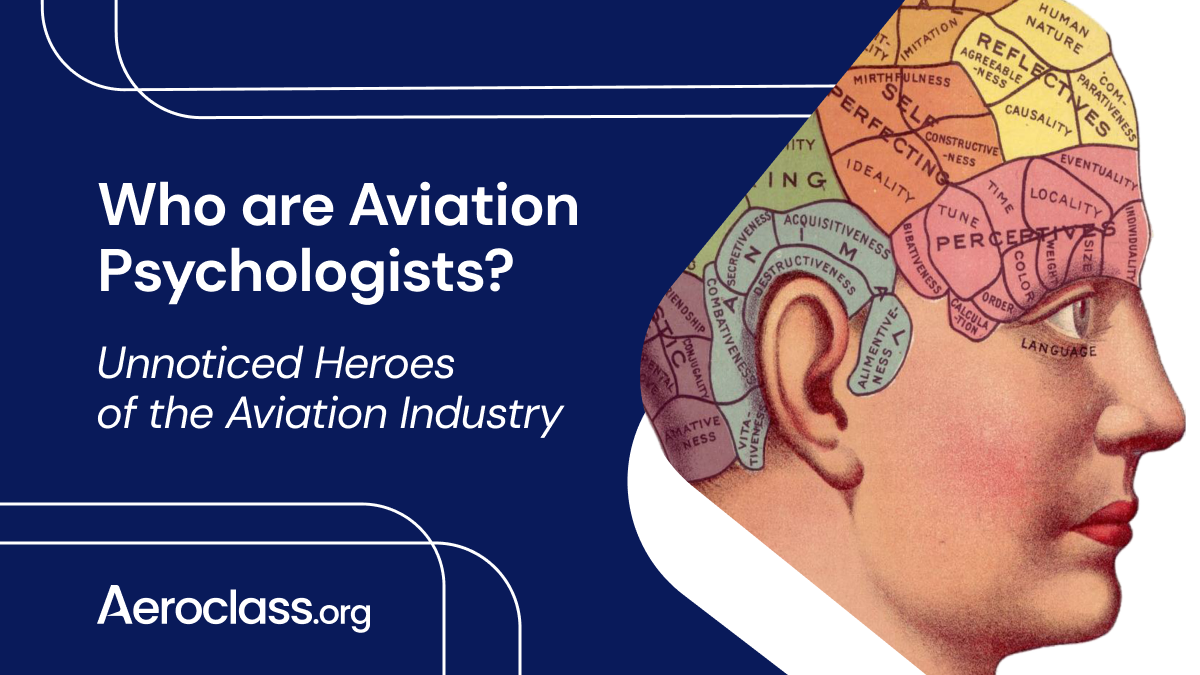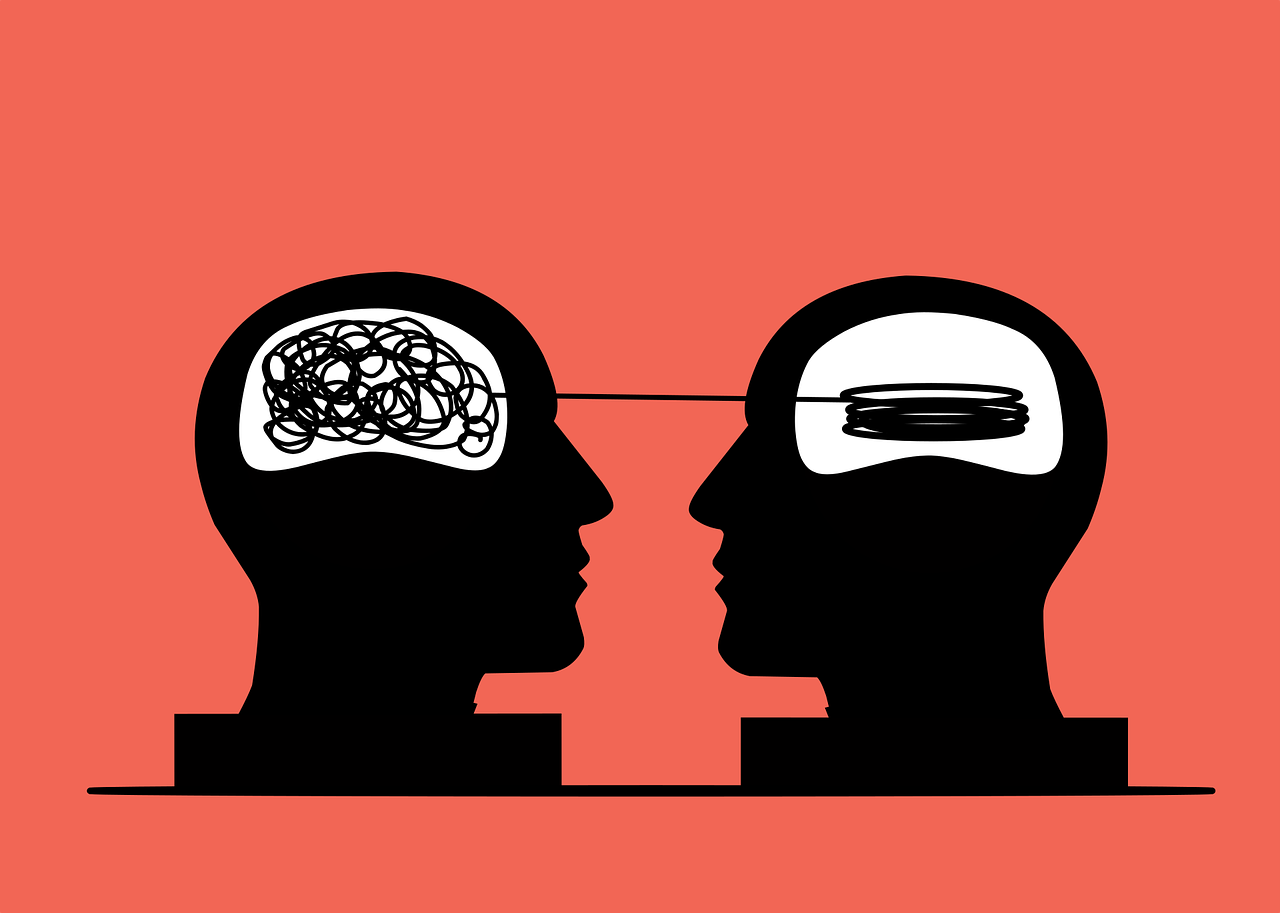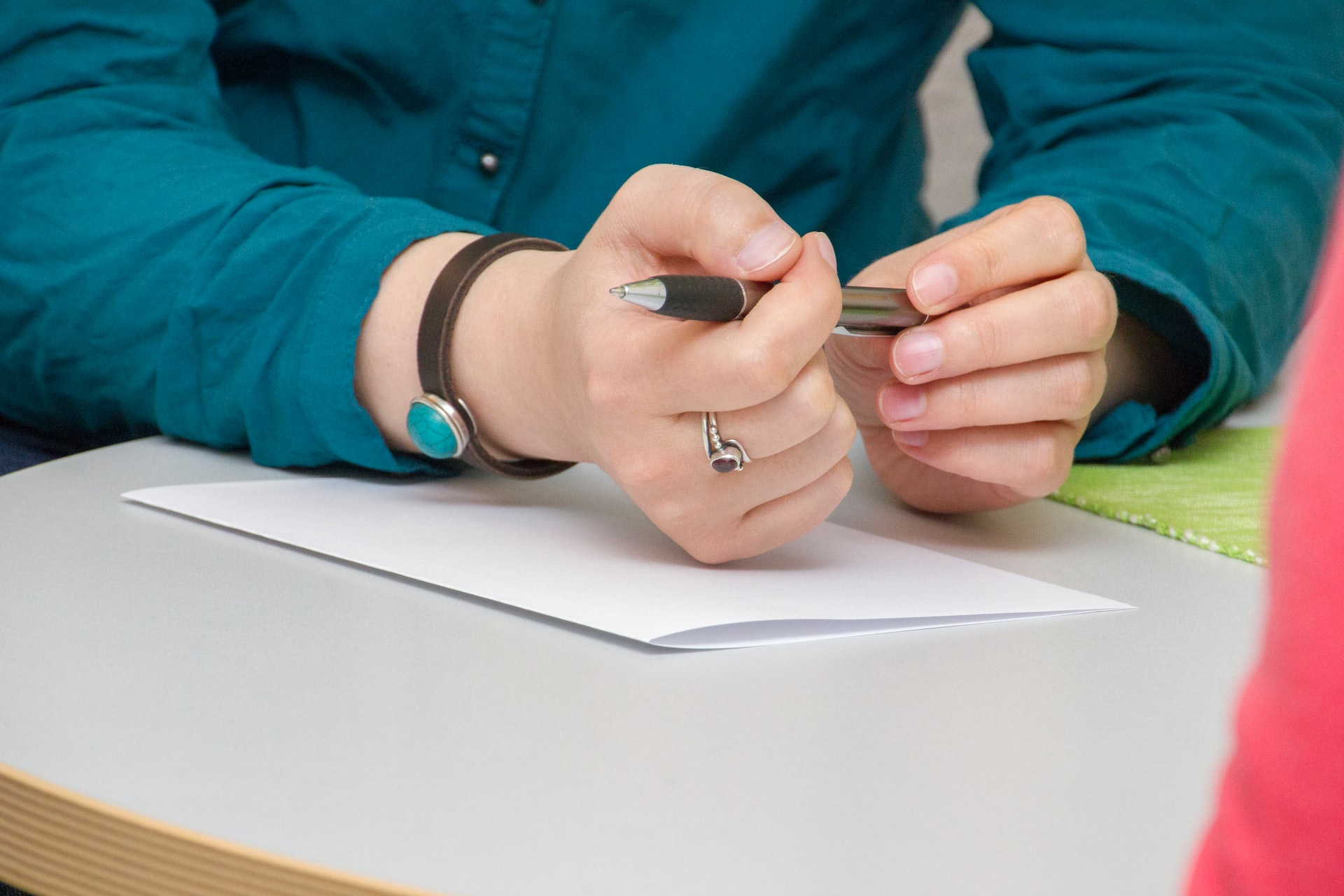The Paramount Importance of Safety Management in Aviation
Other · 3 min read
Whether you are planning a trip or just dreaming of one, check our recommendations for the best airlines to fly to Japan!

Psychology services have been on the rise for the past couple of decades and there are more work opportunities in the field than ever before. It is estimated that there are around 2 million students who graduate with a degree in psychology and seek the traditional career paths in clinical psychology and counseling.
However, among the jobs in the field of psychology, new graduates and experienced professionals might not be aware of some less well-known specialties. A great example of that is the area of human factors psychology with a sub-specialty called aviation psychology.
If you want to learn what aviation psychology is all about, what an aviation psychologist does and how you can become one, we invite you to keep reading!

With rapidly evolving aviation technology and multiplying cybersecurity threats, aviators around the world are expected to perform better than at any point in the past. However, with increasing performance demands comes job related stress, anxiety and fatigue. In fact, some professions in the aviation industry such as ATC appear in the top 5 of the most stressful jobs. This is precisely where aviation psychologists come into play.
Aviation psychologists offer evaluation and counseling services for flight crews, airport and airline personnel as well as air traffic controllers. Counseling and evaluation sessions help to prevent unexpected reactions in critical situations which in turn increase chances to solve issues without bigger losses. An aviation psychologist usually prepares and helps aviation workers cope with the following:
Psychologists working in aviation also take part in creating, reviewing and updating training programs for flight attendants, pilots, airline professionals and aircraft engineers. In this field of work, aviation psychologists focus on promoting strategies to improve communication, concentration and emotion regulation to limit and control the amount of stress aviation workers feel in their jobs.
What’s more, aviation psychologists may also participate in hiring and selection processes to assess the psychological readiness of potential candidates. While this practice may be applied for certain airline pilots and flight attendants, mental evaluation is more commonly used in the military. Often, an aviation psychologist will assess an air force pilot for a list of disorders such as depression, bipolar, anxiety and personality disorders.
A more research-oriented aviation psychologist has the possibility to work with engineers and airplane manufacturers during the aircraft design phase. In this case, some of the duties of aviation psychologists might include:

As the need for trained psychologists in aviation is growing, more aviation authorities and other industry stakeholders seek to fill such positions in-house. So, if you are looking to work in this profession here are some options for you to choose from.
If you are a graduate psychology student, especially with some field experience and a master’s degree, you may look into career possibilities in government agencies. However, working in a place like this might mean there is less room for providing actual counseling services. Instead, you may focus on policy making, reviewing health and safety regulations and other administrative functions in aviation.
Airline companies may require you to perform more practical tasks as providing counseling and wellness services for the crew and ground staff and conducting crisis interventions. Moreover, you might be tasked to help avoid job related conflicts between employees or flight crew members.
One downside for working with commercial airlines as an aviation psychologist is that these businesses often outsource and prioritize professionals who have a license to practice psychology independently. So, your workload and projects might be quite sporadic.
Psychological assessment goes hand in hand with military operations. Every single candidate, especially air force pilots, has to be screened for mental health issues regularly, so your chances of landing a stable job as an aviation psychologist here are better than anywhere else.
Aircraft producers are on a constant mission to make flying easier for pilots, so updating and improving flight instruments and other aircraft properties is their main priority. Working as an aviation psychologist for a manufacturer like Airbus or Boeing may include collaborating with quality control departments as well as designer and IT teams to ensure that the mental load of airline pilots and crew is reduced.

Since aviation psychologists are quite a small niche of psychology, there are no separate salary ranges and standards for this specific profession. The closest salary comparison could be that of industrial-organizational psychologists: $113,320 per year, in May 2021.
However, the amount you earn might depend on a lot of different factors such as your degree of education, your experience and the size and type of the organization that employs you.

To become an aviation psychologist you will unequivocally need formal education. Companies seeking this type of a professional will require at least a bachelor’s degree in psychology. More senior positions might require a master’s degree or even a PhD.
Of course, since aviation psychology is not a very widely known sub-specialty, many airlines and other aviation industry businesses understand that you will need basic education courses in aviation. The necessary learning material is often provided by your employer. However, if you have any training or even a degree in human factors psychology, you might avoid additional training programs.
Also, depending on the branch of aviation psychology, candidates can expect courses in aircraft engineering fundamentals, aircraft design, and similar.

While there aren’t any university programs focusing solely on aviation psychology, you can look into some degrees in human factor psychology. Here are some universities with such programs:

Overall, the demand for psychologists is expected to increase by 6% until 2031. While aviation psychologists are not specified as a separate category, professionals with this kind of training are going to be undoubtedly needed as the amount of flights grows every year.
With more flights also come more advanced aircraft that might put additional stress on the flight crew, so we can definitely expect more companies in the airline industry to look for aviation psychologists.

We have summed up everything you need to know about the job of an aviation psychologist. If you ever decide to pursue this career path, you can expect to be gifted a much appreciated ‘thank you’ from the aviation professionals’ community.
The rising demand of flights and threats that arise from it puts strain on flight crews as well as airport and airline employees, so the services of aviation psychologists are more invaluable and irreplaceable than ever.